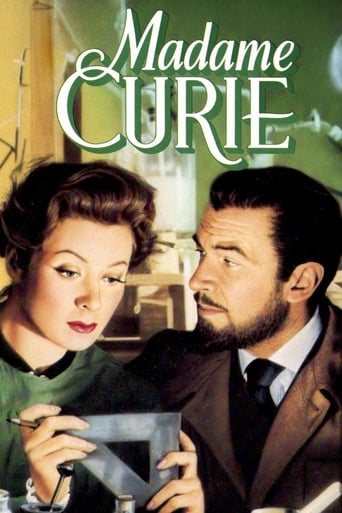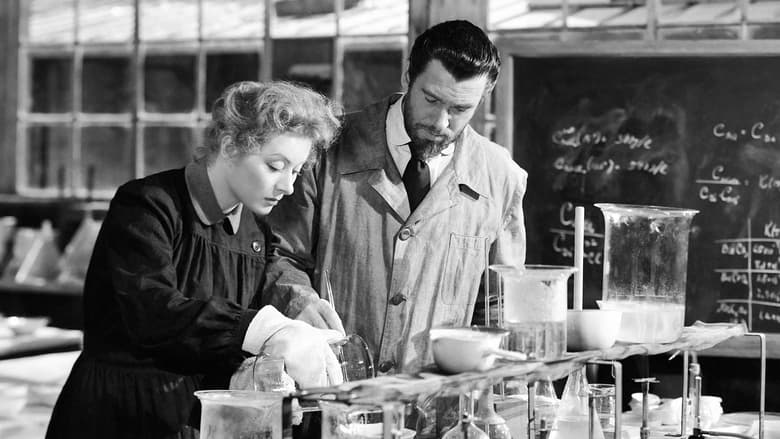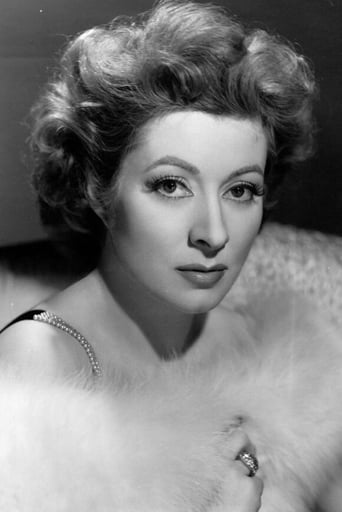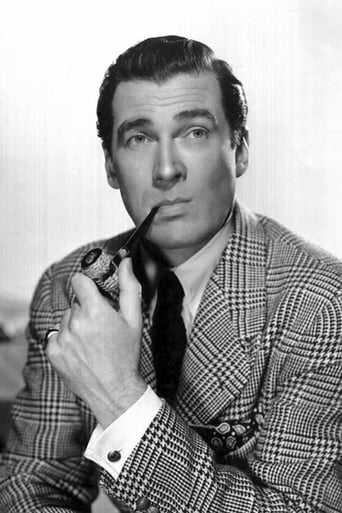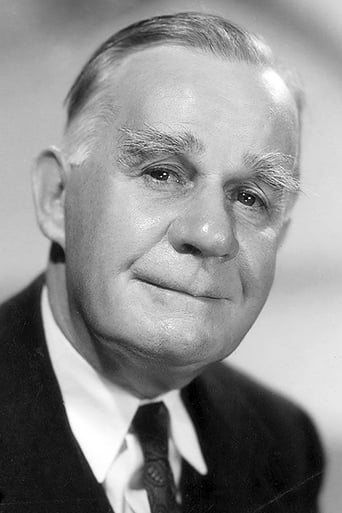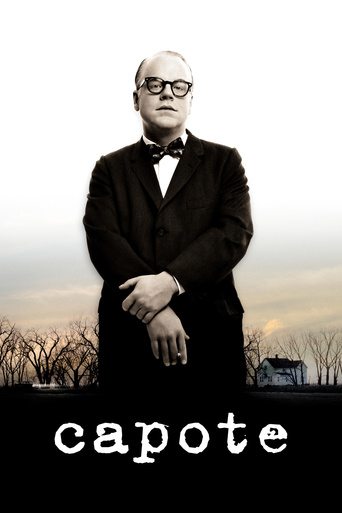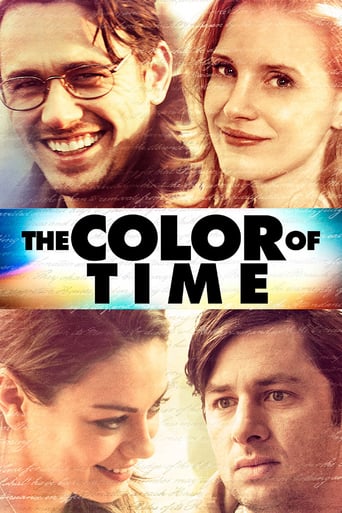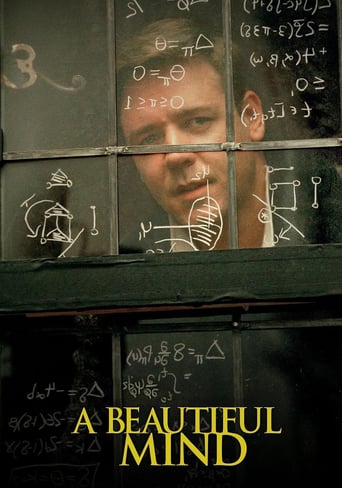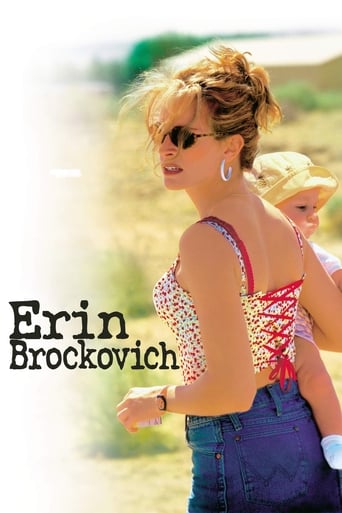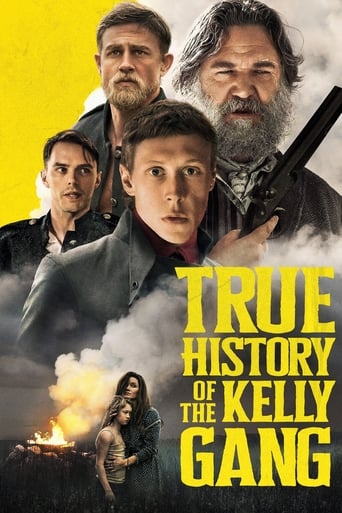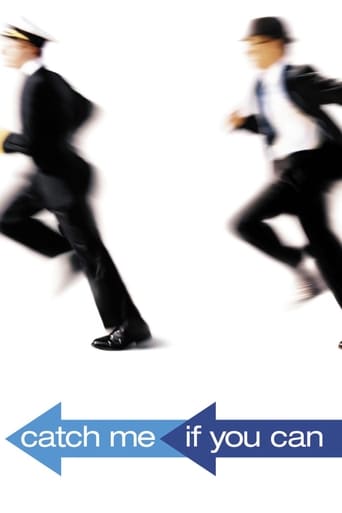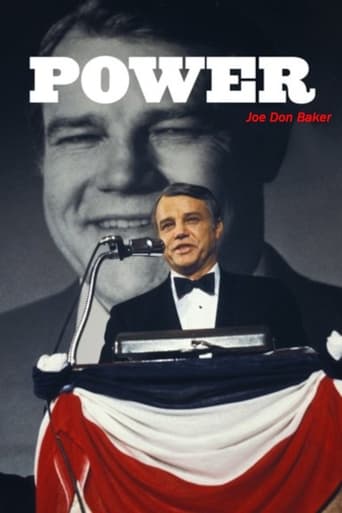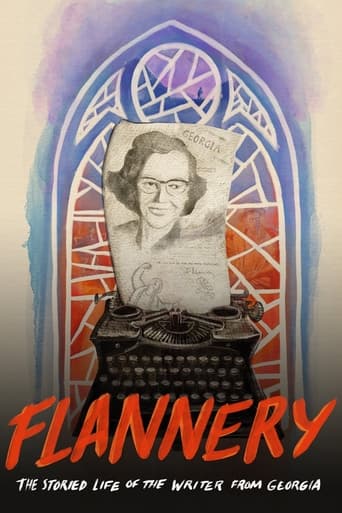Madame Curie (1943)
Poor physics student Marie is studying at the Sorbonne in 1890s Paris. One of the few women studying in her field, Marie encounters skepticism concerning her abilities, but is eventually offered a research placement in Pierre Curie's lab. The scientists soon fall in love and embark on a shared quest to extract, from a particular type of rock, a new chemical element they have named radium. However, their research puts them on the brink of professional failure.
Watch Trailer
Cast


Similar titles
Reviews
Sorry, this movie sucks
This movie was so-so. It had it's moments, but wasn't the greatest.
There is, somehow, an interesting story here, as well as some good acting. There are also some good scenes
The movie's neither hopeful in contrived ways, nor hopeless in different contrived ways. Somehow it manages to be wonderful
if you love science and bio's and appreciate a solid marriage. If ever a film was able to put these together as well as here. If you like a quite movie on a gray day, this is it. no remake please. Men should take a lesson here on how to treat a lady. A good hearten sentimentalist will tear and find no shame in it. film has dedication & compassion. con's - it stretches a little but i didn't mind.
This movie is supposed to be a movie about a real person. The problem is movie uses gibberish whenever Madame Curie speaks technical dialog. Surely the writers could have asked a physicist to write them some plausible dialog. The dialog is about on the same level as the Walter Mathau comedy about Einstein.That is so jarring it breaks the spell of the movie every time she does it.The opening lecture is not believable. I have never seen a prof meander aimlessly like that in flights of poesy, not even in an English literature class.In one scene, Pierre tries to convince other scientists to accept the validity of Marie's hypothesis solely on the basis of his recommendation. That is religion, not science. He would would have been hooted had he tried that in real life. Whoever wrote the dialog had not the slightest clue how scientific argument works.We are suppose to accept that Marie is a genius, but we never see her do much brilliant, just toil and toil. Pierre tells us she is is unique and brilliant, but we don't see much evidence.I think the problem is the screenwriters wanted a love story starring Greer Garson and Walter Pigeon to reprieve Mrs. Minniver. The science part was just a gimmick that they did not take all that seriously. It is a bit like doing the story of Gandhi and spending 90% of the time of his almost non-existent love live.
Polish science student Greer Garson (as Marie Sklodowska) goes to study in Paris and is accepted as an intern by reserved physicist Walter Pidgeon (as Pierre Curie). Ms. Garson's amazing beauty immediately causes Mr. Pidgeon and young assistant Robert Walker (as David Le Gros) to become distracted in the laboratory, but they grow accustomed to her attractiveness. When Garson graduates, she plans on returning to Poland, but Pidgeon proposes she stay and become "Madame Curie". Garson has noticed an irregularity which leads the couple to discover the element radium...This was a prestige project from MGM, which they secured for Greta Garbo. She telegrammed, "Wonderful plans," but requested a complete manuscript. After some scrambling, there was no complete script. At the time, Garbo felt the roles the MGM offered to her were too repetitive. In hindsight, "Madame Curie" doesn't appear all that different from other Garbo roles, so it may have ended well. Garson and "Two-Faced Woman" (1941) photographer Joseph Ruttenberg certainly showed he would good with Garbo, if she was interested in hiving him another shot. The MGM team shows their usual skill throughout, although the resulting film was less than indicated by seven "Academy Award" nominations.****** Madame Curie (12/15/43) Mervyn LeRoy ~ Greer Garson, Walter Pidgeon, Albert Bassermann, Robert Walker
For their third MGM collaboration, Walter Pidgeon and Greer Garson were cast as Pierre and Marie Curie in this epic biographical drama about the first woman to win a Nobel Prize in science. The Curies contribution to science was a newly discovered element radium which did nothing less than alter how we think about matter itself. The film carries the story of Marie Curie's life when she was a young student at the Sorbonne from Poland under her maiden name of Sklodowska. The mere fact she was a student there and a brilliant one was highly unusual for women in the 19th century. Her brilliance attracts the attention of young instructor there Pierre Curie, first her mind and then her heart.Pierre and Marie Curie seem such a perfect fit for each other mainly because Pidgeon and Garson worked so well together on screen. Both got nominations for Best Actor and Actress for 1943, repeating what they had done for Mrs. Miniver in 1942. This was Pidgeon's second and last nomination. They lost to Paul Lukas and Jennifer Jones in their respective categories. The film itself was nominated for Best Picture but lost to Casablanca.What I like most about Madame Curie is that you don't need a degree in physics to understand what's happening. The actors, the direction by Mervyn LeRoy and the script all are at their best.Look for up and coming MGM stalwarts like Robert Walker and Van Johnson to play brief roles. Easy to tell why both became stars.I think Madame Curie and her husband would both have liked the way they were portrayed in this film.

